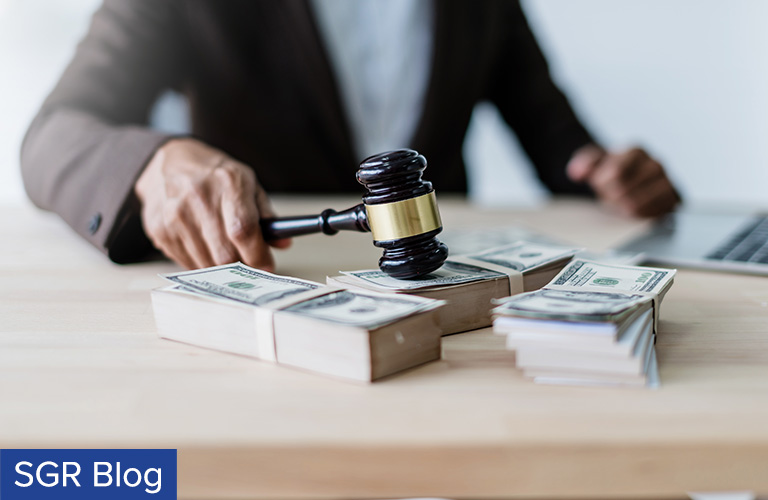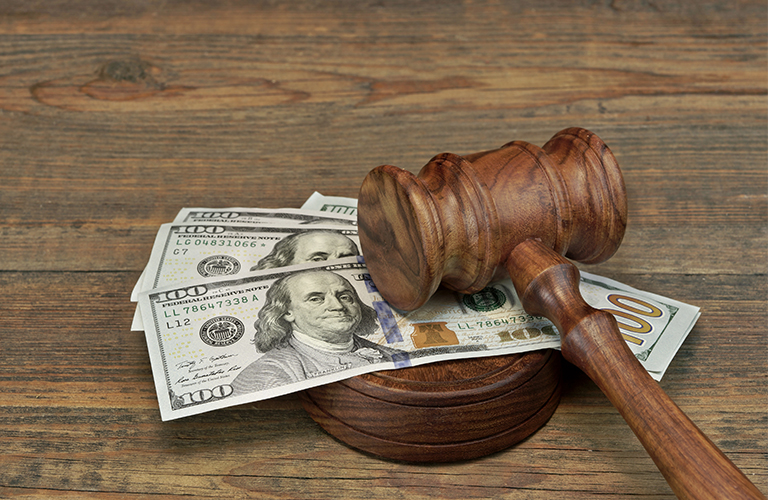
On October 7, 2019, the Supreme Court heard oral arguments in Peter v. Nantkwest, Inc., Case No. 18-801. This case addresses the question of whether an applicant must pay the attorney’s fees incurred by the Patent and Trademark Office (“PTO”) in defending against a civil action to challenge the PTO’s refusal of an application to register a patent or trademark – whether the applicant prevails in the action or not. The Fourth Circuit and the Federal Circuit decided this issue differently, thus creating a Circuit split that the Supreme Court needed to resolve. When an application for a trademark or… Read more


